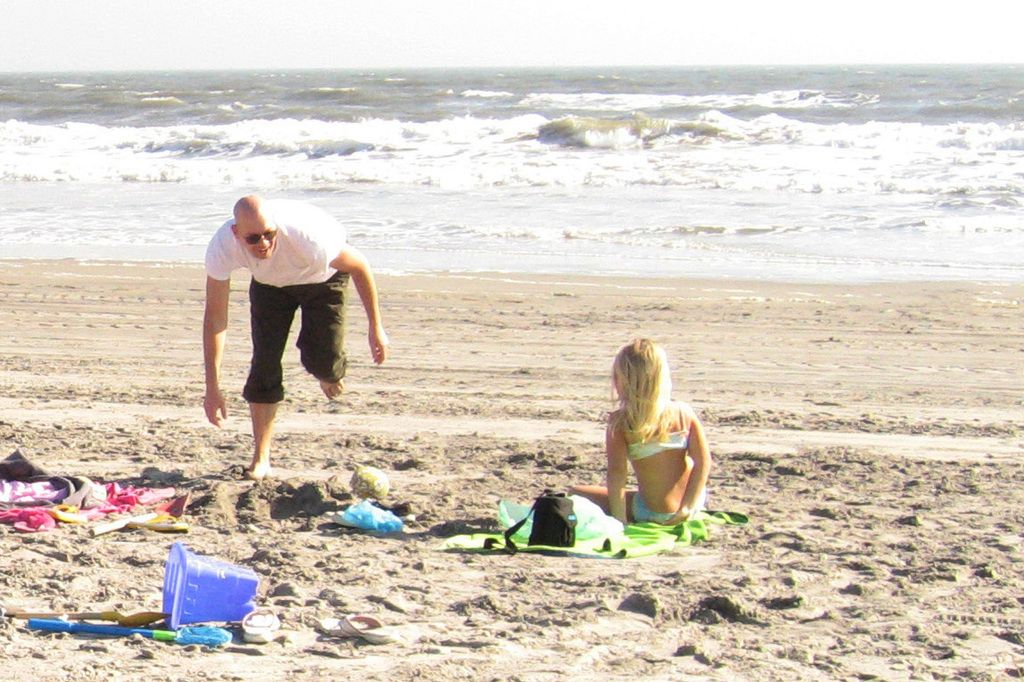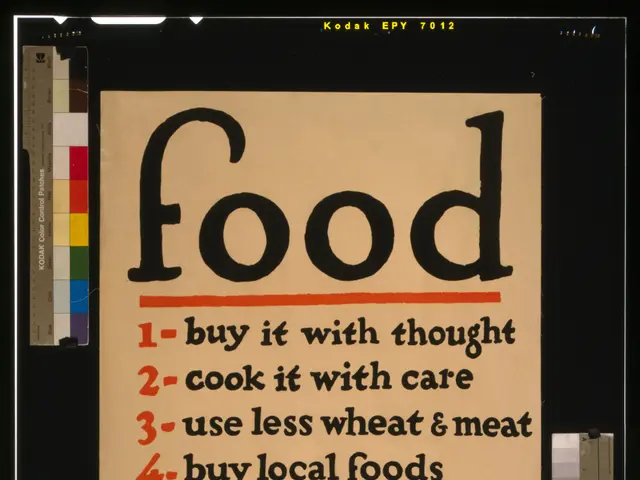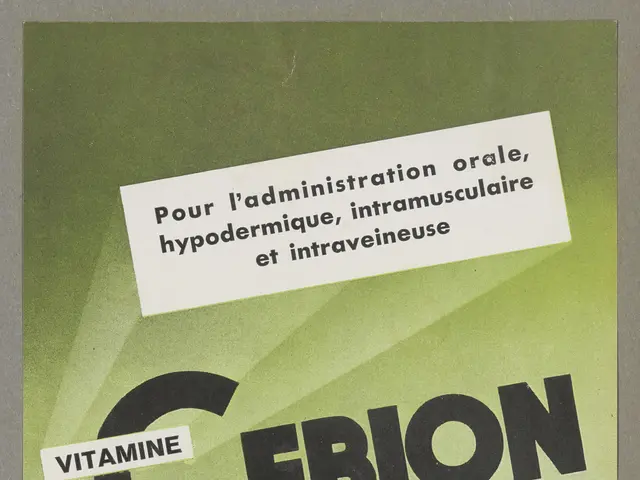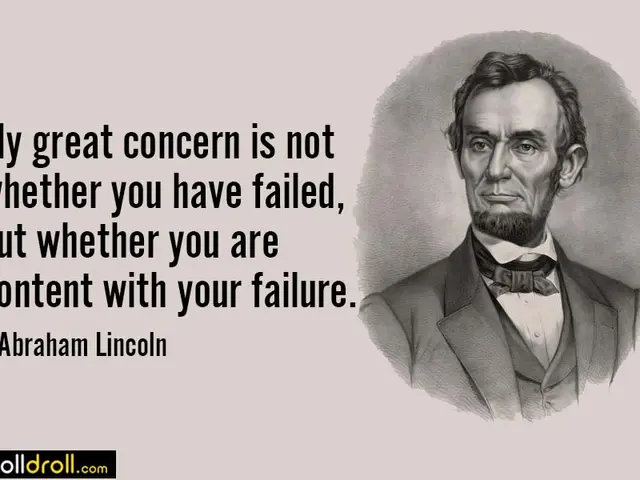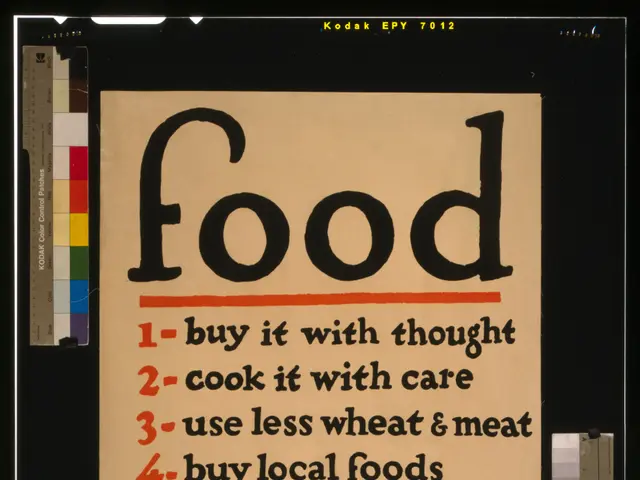Reduced alcohol consumption by Quebec residents leads to declining profits for the SAQ.
Quebecers are cutting back on booze, and it's taking a toll on the Société des alcools du Québec (SAQ). For two years running, sales volume has dipped, leading to a slide in profits - a rare occurrence in four years.
According to the SAQ's annual report, profits for the 2024-2025 fiscal year amounted to $1.401 billion, all of which went to the provincial government. This figure represents a 1.9% decrease from the previous year. This marks the first time since the pandemic that profits have taken a hit. In 2020-2021, profits had dipped by 0.5% before bouncing back, albeit at a slower rate.
The state-owned company attributes this plunge in profits to a downturn in alcohol consumption, a trend that's been on the rise for over two years. Data from the Institut national de santé publique du Québec (INSPQ) backs up this claim.
In the 2024-2025 fiscal year, the SAQ shifted 216.4 million liters of alcohol, a 3% decline from the previous year (6.6 million liters less). The value of sales also saw a 1.4% decrease, settling at $4.042 billion.
Foot traffic has taken a hit too, both in-store and online: 58.2 million transactions were recorded this year, compared to 60.8 million the previous year, a tumble of 4.3%. This drop hasn't been observed since the pandemic. On the bright side, the average shopping cart has edged up slightly, from $63.13 in the previous year to $63.35 this year. It's worth mentioning that the SAQ bumped up the prices of its products twice during the last fiscal year, in June 2024 and February 2025.
"Global Drought"
"This drought is here to stay. It's true for Quebec, but it's also true globally: the demand for alcoholic products is on the wane everywhere," comments Jacques Farcy, SAQ's president and CEO, in an interview with our website ahead of publishing its financial results.
While the situation doesn't faze him unduly, he remains vigilant to the drop in sales. He recalls that the SAQ has already embarked on a transformation journey to adapt to this new landscape.
Among the changes announced are the launch of mini-agencies in urban areas, broadening the product range, shuttering less profitable branches, and soon, alcohol deliveries via collaborative platforms.
But how to spark sales without prompting increased consumption, especially in a climate of heightened awareness about the risks associated with alcohol consumption?
For Jacques Farcy, it's not the SAQ's job or expertise to preach prevention. "People are capable, once they're well-informed, of making informed decisions. Each citizen regulates their own consumption. Our moral contract is to ensure responsible trade."
Dismissing the criticisms of his critics, Mr. Farcy does not believe that the Inspire points card concept, occasional promotions, and other advertising tactics encourage consumers to drown their sorrows.
"There's this notion that if the SAQ is growing, it's because Quebecers are drinking more. But our years of growth are because we've succeeded in wresting market share on certain products."
Take low-alcohol drinks, for example, from 0% to 0.5%. Without directly linking it to public health, he explains that it's a burgeoning market where the SAQ must be present. "Customers want to find these drinks in our stores. We'll adjust our offerings accordingly. That's our role: to meet demand."
Portrait of Quebecers' Drinking Habits
Less Wine, More Problems
For the second year running, the wine segment has taken a hit: 161.4 million liters were sold, compared to 166.4 million in the previous fiscal year (-3%). The previous year saw a 3.3% decrease compared to the year before that.
Wine remains the SAQ's best-seller. Consumers prefer French and Italian wines, which account for 33% and 23.3% of the still wine market share respectively. American wines slot in fourth place, with a 6% market share. It's worth noting that the SAQ axed American wines - at the request of the Legault government - only on March 4 of this year.
Light Years Ahead: Spirits Fading
Spirits are also fading into the sunset with consumers. The SAQ moved 29.7 million liters of spirits in 2024-2025, compared to 31.3 million liters the previous year, a fall of 5.1% (1.6 million liters). Surprisingly, tequilas are the only spirits bucking the trend, experiencing growth of +7.2% in liters.
The Allure of Low-Alcohol Drinks
Low-alcohol beverages are becoming irresistible to consumers. This category has seen a 33% increase in sales by volume in the last fiscal year.
To a lesser extent, beers, ciders, and complementary products, as well as ready-to-drink products, which generally contain less alcohol than a glass of wine, have also made their presence felt and boosted their market share.
Recommended Reading
- Alcohol marketing needs to be "severely curtailed"
- Investigation | Éduc'alcool misleads on... alcohol
- SAQ: A Transformation in Full Swing
But how to generate sales without encouraging increased consumption, especially in a context of heightened awareness about the hazards of alcohol consumption?
For Jacques Farcy, it's not the SAQ's job to preach prevention. "People are smart enough, once they're well-informed, to make smart choices. Each citizen decides their consumption. Our ethical obligation is to guarantee responsible trade."
With the rising trend of lower-alcohol beverages, the SAQ is adapting its offerings to meet the shifting demands of consumers while maintaining its commitment to responsible trade. But the question remains: can the SAQ balance sales growth and the promotion of healthier drinking habits? Only time will tell.
- In a bid to cater to changing consumer habits and maintain profits, the SAQ is broadening its product range, beyond traditional alcoholic beverages, to include health-and-wellness products, as the demand for low-alcohol drinks is on the rise.
- As mental-health awareness increases, the SAQ is careful not to be perceived as encouraging problematic drinking and instead focuses on responsible trade, ensuring that its marketing strategies, such as the Inspire points card, do not promote excessive consumption.
- To stay competitive in the evolving landscape, the SAQ plans to diversify its business, moving into areas such as finance by partnering with banks to offer financial services, thus providing additional revenue streams beyond alcohol sales.
